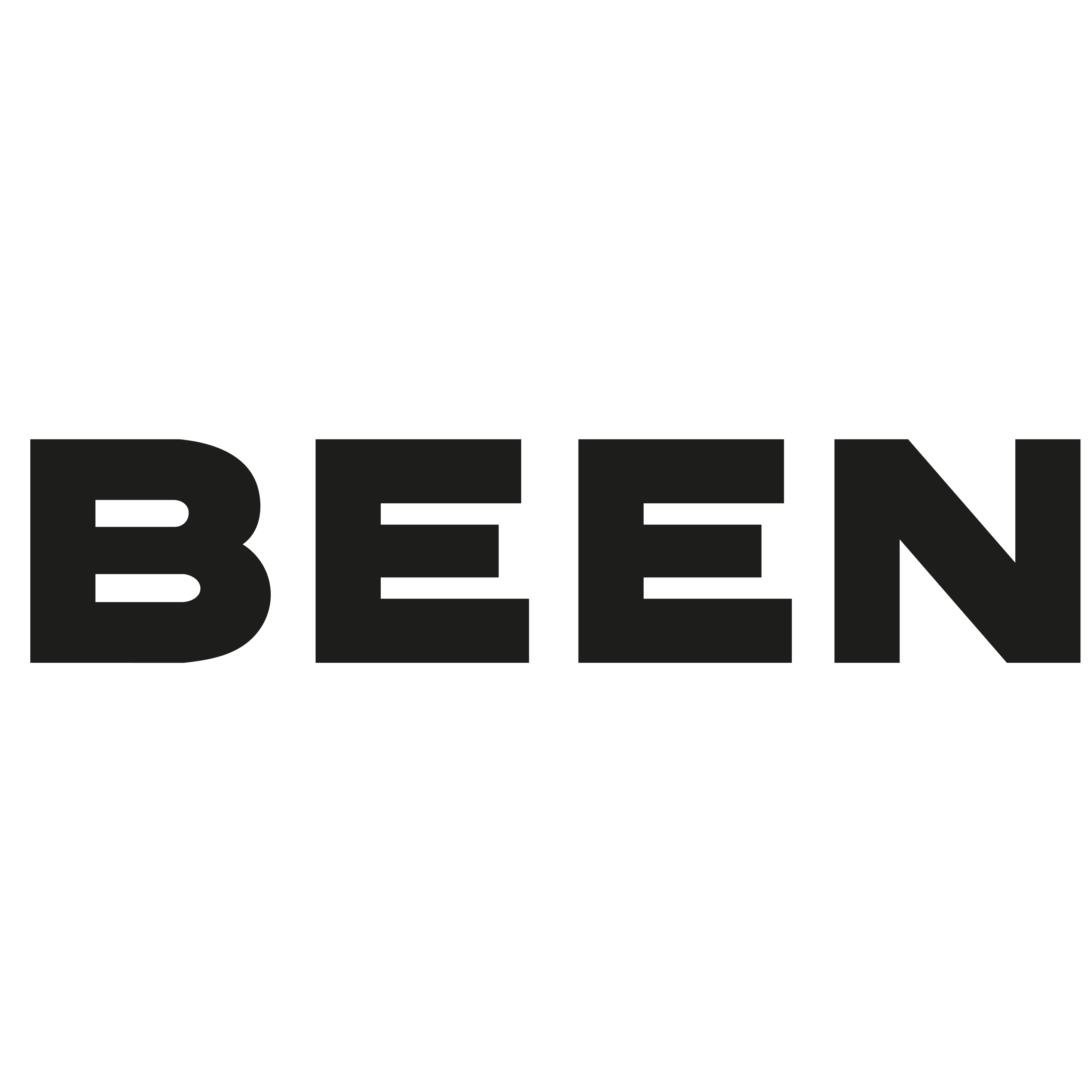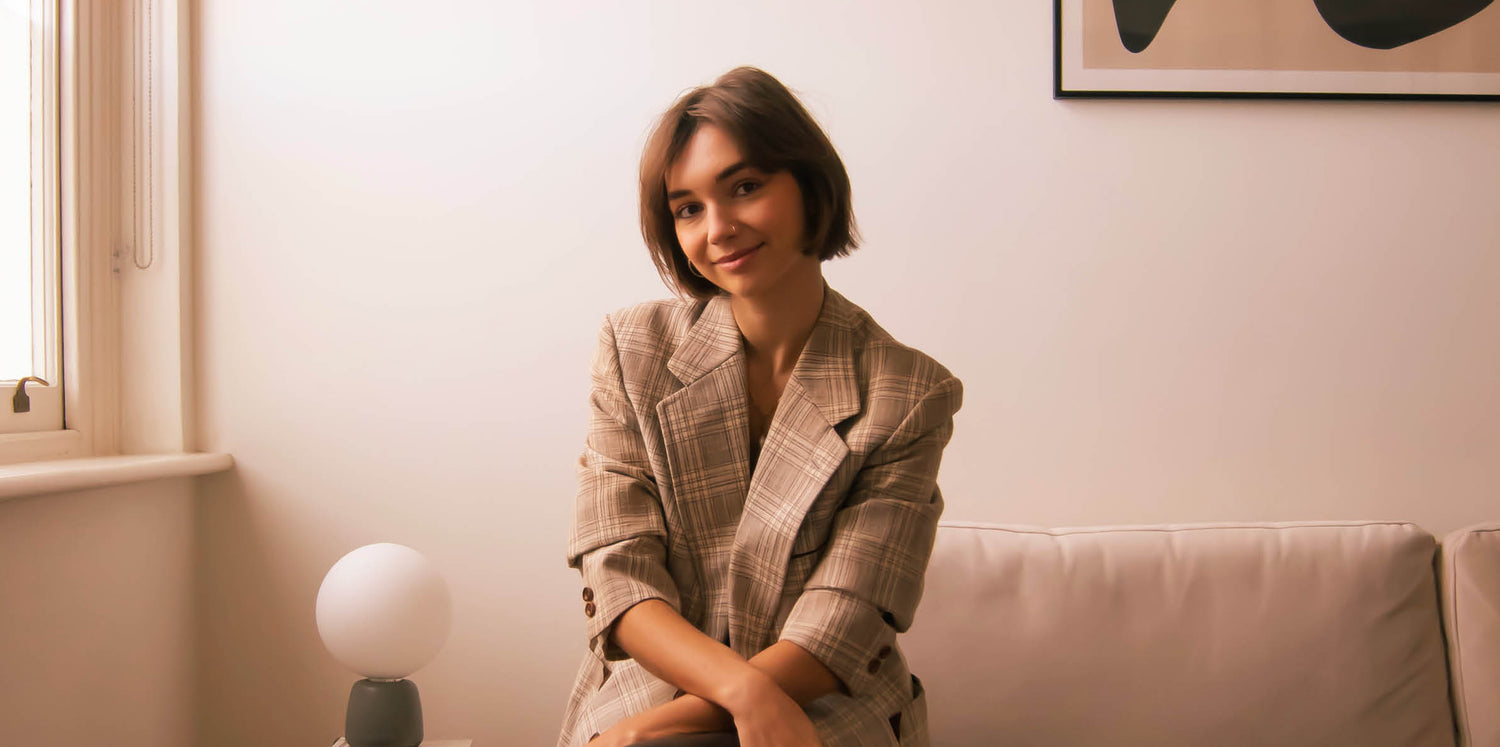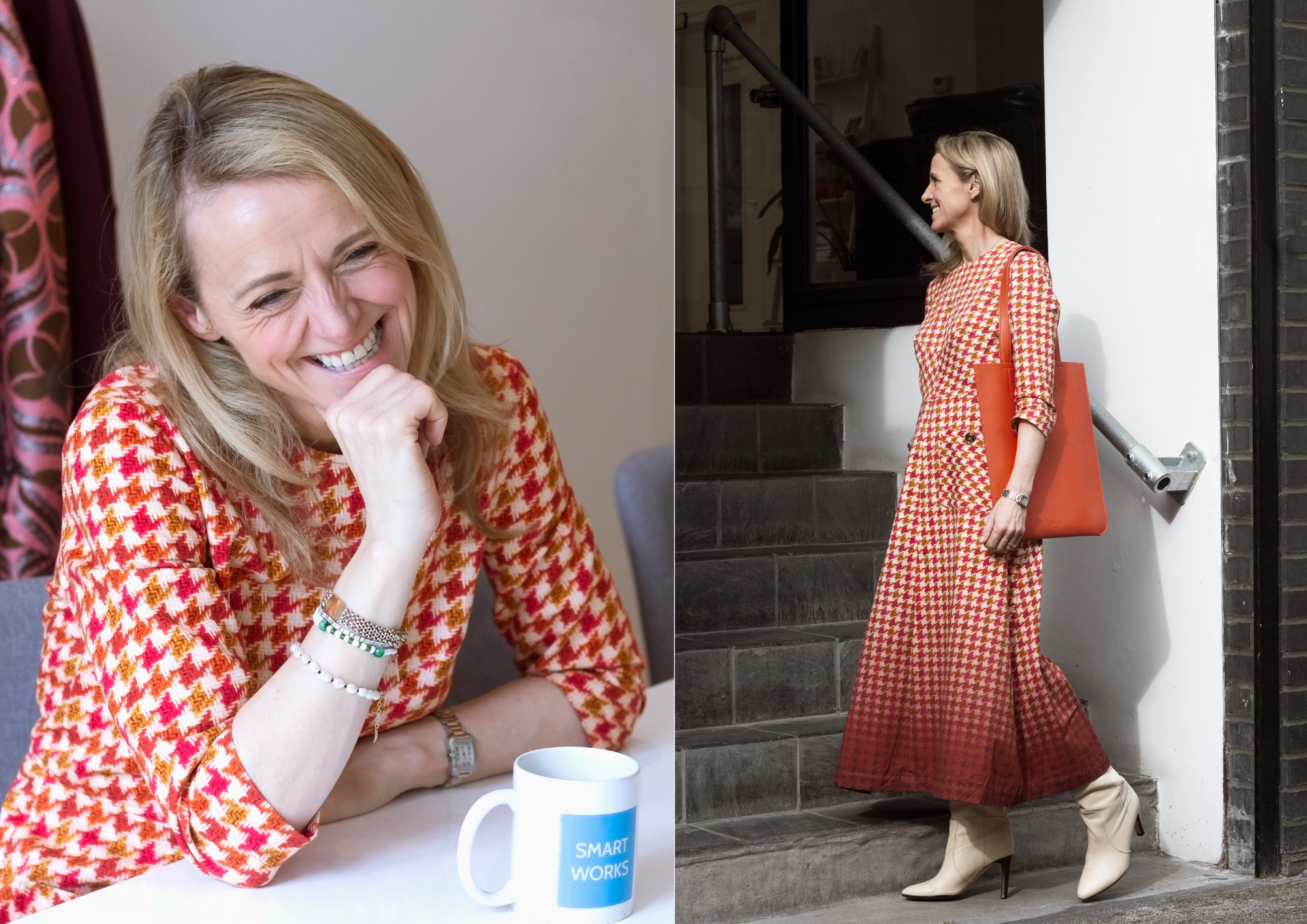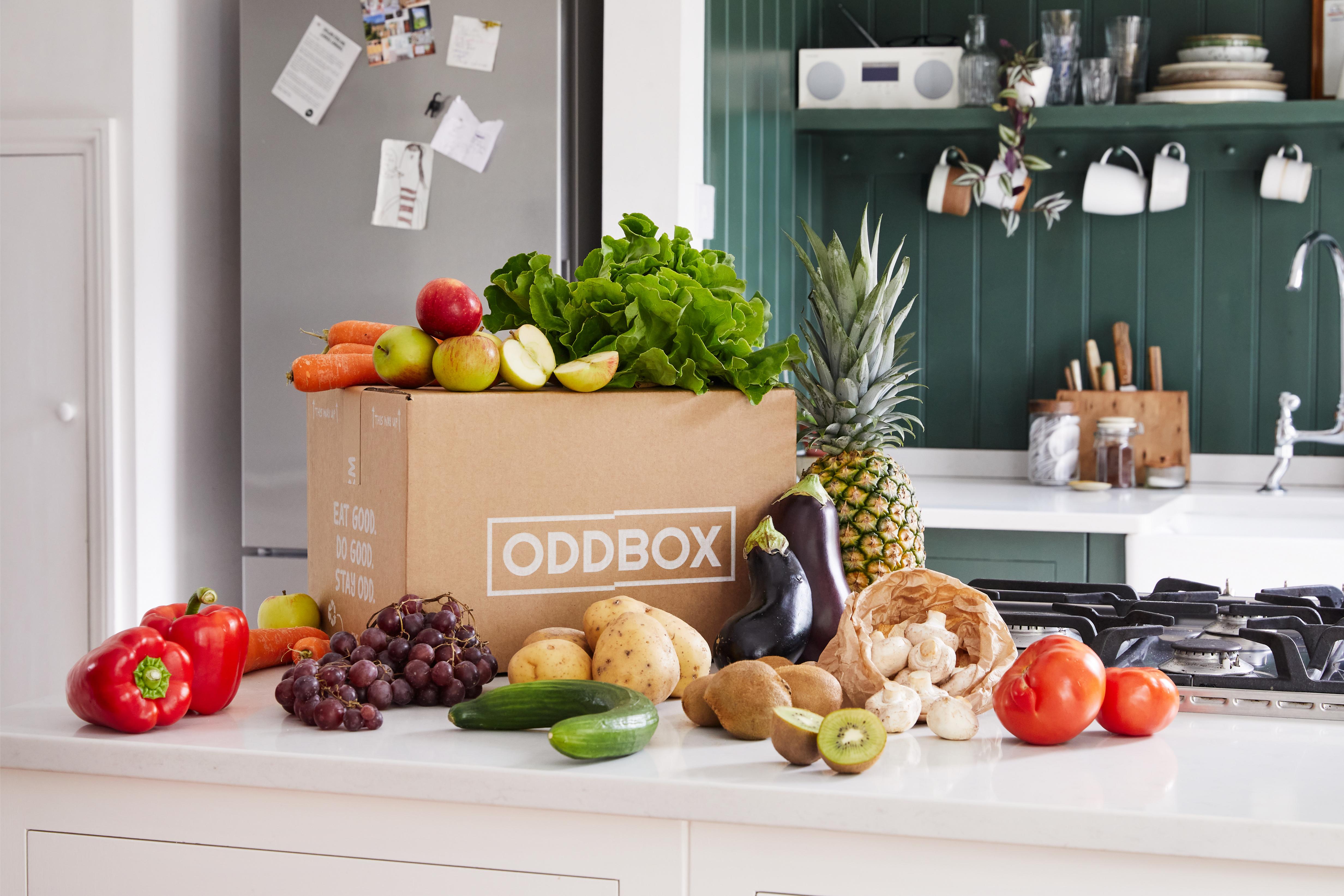Nestled right by our BEEN London studio in the Trampery Fish Island Village, you'll find Kae Katz and her innovative and circular textile recycling startup, FibreLab. FibreLab takes post-industrial textile waste, including some off-cuts from our own studio, and repurposes it into valuable recycled fibres. It's a fantastic synergy right around the corner from us! 🌱🧵

1. What sparked FibreLab and how did you get started?
"I started my career as a fashion designer where I worked at a large private-label design firm in New York after my undergrad. We generated a lot of waste from the design process and I quickly realised that this career didn't align with my values.
At that point, 2018 in NYC, sustainability wasn't really considered by any brands which led me to start over and do a masters in sustainability. I came to London to study on the MA fashion futures course and here I interviewed designers about their sustainability challenges aiming to find solutions. One of those solutions turned out to be FibreLab."
2. We would love to hear more about the process of recycling textiles and what materials can be shredded....
"We're a textile shredding and recycling service that collects waste from various businesses, from garment off-cuts to hotel linens.
Encouraging sorting materials during the cutting process, we prioritise separating by fibre type and colour for purity. We then remove any contaminants like metal trims and zippers before shredding everything using our custom machine. The resulting recycled fibre opens the door to a range of new products and materials that we can create. PAPERTEX is our newest material solution that uses natural recycled fibres to create paper products that can be used for swing tags and packaging materials.
While we can shred nearly all fabric types, the products created are limited, for example, cotton/poly blends can only be repurposed for furniture filling and insulation."

3. We love your solution-focused ethos to the problem of textile waste. What do you think are the biggest challenges when it comes to textile waste and textile recycling in the world today?
"Transparency in textile recycling is a growing concern, However, it is slowly becoming more well known that most of the clothing that gets donated to charity shops ends up being exported abroad to the global south. Areas like Accra, Ghana are key entry points for those donations, but with the rise of fast fashion, the quality of clothing is deteriorating significantly, and now almost 40% of all those donations go straight to landfill. Hyper-local recycling systems are crucial to tackle this problem, preventing waste export and dumping on other nations."
4. What transformations would you say are necessary in textile waste recycling, and are there emerging innovations critical to addressing this issue in the future?
"I think blended textiles are a huge source of concern for recyclers and that is one thing that can easily be changed and modified during the design stage. Currently, chemical recycling is still very new and not yet scalable. Chemical recycling uses a chemical dissolvent to separate blended textiles like cotton/poly blends and create pure recycled cotton fibres separate from the recycled polyester fibres. This will be a really important development once it's ready but, in the meantime, designers can opt for using single fibre textiles, like 100% cotton or 100% silk, which are more easily recycled and biodegradable."


5. Although we try to minimise waste as much as possible through our design and production approach here at BEEN London, we still have small amounts of offcuts, which we recently brought to you for recycling. We would love to know what happened to those offcuts?
"It was amazing that the BEEN team came by the studio and helped us sort the scraps by colour. After, we shredded those down into recycled leather pulp. We're always experimenting with new materials and recycling leather is a new challenge for us. We're currently doing some R&D testing using the materials provided by BEEN London to trial making new sheets of material. We've also sent some to be added into our PAPERTEX material process to create sheets that can go back to use for note cards or other products."
6. Can you walk us through a typical day in your role?
"Every day is so different! Typically, I head over to our studio in Hackney Wick and meet with the team, delegating projects and tasks. I'm usually meeting with new customers and figuring out the best way to help them achieve zero waste. Some days I'm also sorting and shredding materials! At the same time, I like to go out and attend industry events to network and just keep up to date on what's going on in the community."
7. What do you enjoy most about your work?
"My team! I am so lucky to be supported by the most amazing group of people. My team is so passionate about what they do, and they truly care about making a positive impact. I love when we bring on new interns and volunteers and see how they grow and become more confident and skilled over time. It's incredibly rewarding to know that we've developed a work environment that can inspire others while helping to avoid waste."

8. Looking back on your journey, what achievement or moment stands out as your proudest?
"I think one of my proudest achievements so far is that we were awarded an Innovate UK Fast Start Grant that allowed us to eventually develop PAPERTEX. It's been amazing to see how we've been able to develop a whole new material and complete the circular process in such a fast time frame. It's allowed us to really grow our business and make our work more understandable."
"We're planning to continue developing new products and materials utilising 100% recycled textile waste. So, keep an eye out for more developments like PAPERTEX coming soon.
Our long-term vision and goal for the future is to have many FibreLab hubs across cities where textile and garment manufacturing is prevalent. The hope is to divert textile waste from reaching landfill or incineration."
10. What advice would you offer to individuals or brands seeking to minimise their textile waste?
"For consumers, it's about being really conscious of the products you're purchasing and trying to invest in well-made, good quality items that will last you many years.
For brands it's about sourcing materials that can be easily recycled at their end of life. Also, it's important to try to minimise waste from the sampling process and from off-cuts though using digital technologies like 3D pattern making and lay plan generation to eliminate off cuts."





